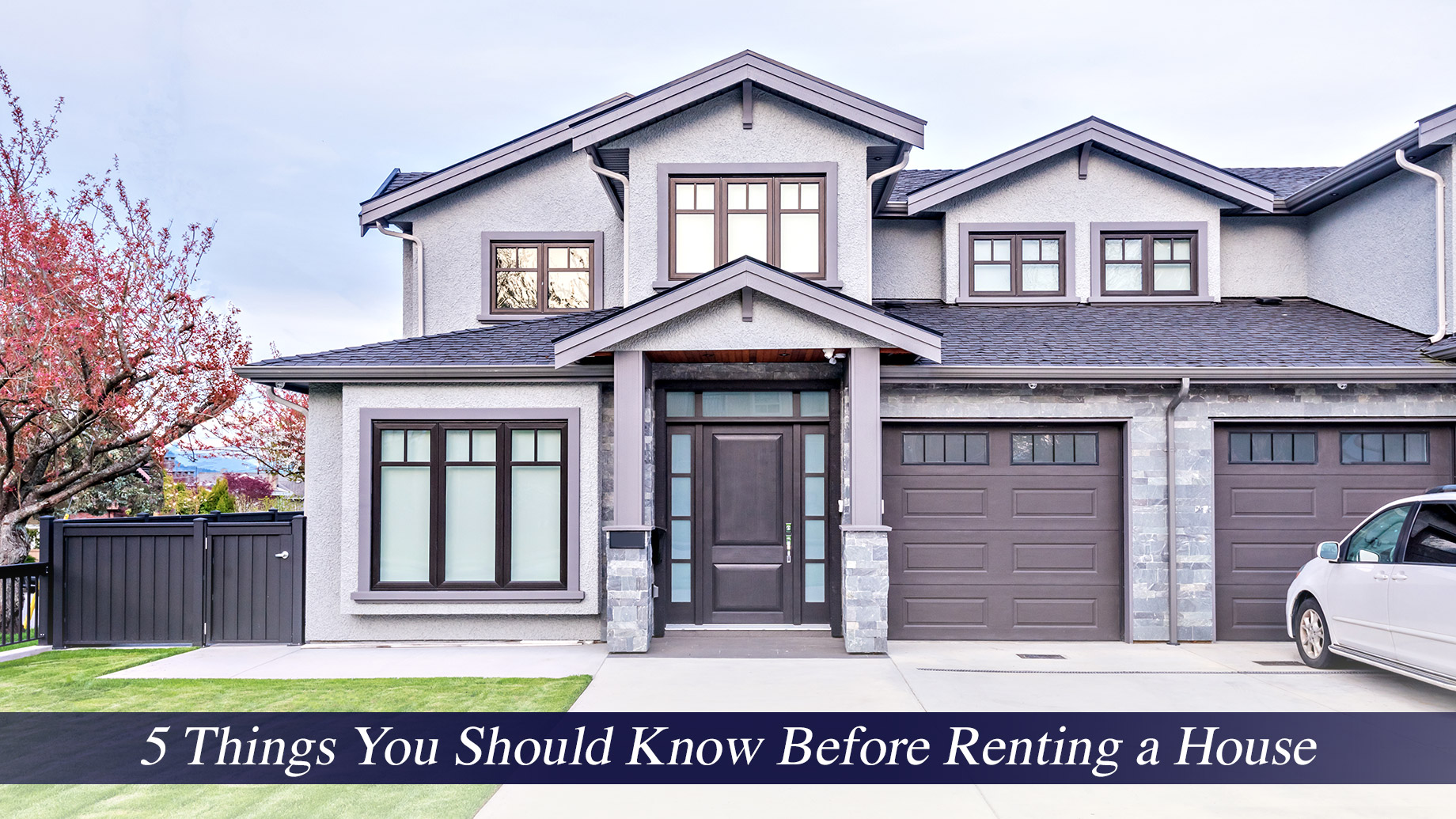
Renting a house is a big life choice, so before you decide to rent, it is important to put in a lot of thought and consideration. There is a lot that goes into renting a house, from purchasing renter’s insurance to creating a budget and perhaps even running a background check on your landlord. Click here to find out how you can run a background check on your potential new landlord.
When considering the rental location, it is essential to ensure the rental unit itself is exactly what you want and has all you would need in a house. Usually, before a prospective tenant signs a lease, the landlord of the rental property will show them the unit they want to rent and document the rental unit’s condition using a move-in rental inspection report. This process is important since it helps both you and your potential new landlord take note of any damages caused by previous tenants and the need for any repairs before you move in.
What Should You Consider Before Renting a House
1. Where You Want to Live
The first thing you would want to figure out is the house’s location you want to rent. By choosing a location based on attractions, the city, proximity to work or any other factors you might consider valuable in the decision-making process, you can narrow your house-hunting search. Although there are negatives and positives to any location, finding one that works best for you will help you simplify and refine your search.
2. Your Budget
Developing a budget is a critical part of the planning of renting a house. As much as you want to rent a nice place, you also want something that you can afford; therefore, you will have to determine how much you are comfortable spending on housing. After determining how much money you can spend on a house, you can further narrow down your rental search.
3. Rent Inclusions
Before renting a house, you will also want to consider what the landlord includes in the rent price. Since most of the time, utilities aren’t included, you must estimate how much they may cost on top of rent. You can base your estimate on your current utility bills and allocate an additional amount of money in your budget for them in case they end up exceeding the limit you had in mind.
4. Who is Responsible for Maintenance
It is essential to consider what is included in the property lease agreement, which includes responsibility for home repairs and maintenance. In some cases, the landlord might agree to pay for repairs or make them personally, and in other cases, you will be stuck with the bill. Regardless, it is important to find this out to save yourself any unexpected costs before signing a lease.
5. Lease Term Length
Most residential leases last from between 6 -12 months at a more expensive rate, but it would be ignorant to assume that your lease will be similar to everyone else’s. Therefore, you should find out how long your lease lasts and plan yourself accordingly. In case you would like to stay longer than your lease would allow you to, you can inquire about the possibility of signing for a longer lease in order to avoid updated terms and conditions or raised rent.
Keep in Mind
To avoid your landlord charging you for damages you didn’t cause and possibly withholding part of your security deposit after you move out to pay for repairs, always ensure that a rental report is used. This makes it easier for your landlord to remember the damages that existed in the unit before you moved in.
Additionally, after clarifying everything you want and need in a house, you might want to write it all down. Doing this ensures that you don’t forget any of your requirements. Ensuring that it is also written out in the lease will protect you and your belongings, which will set you up for an enjoyable and memorable life in your new house.